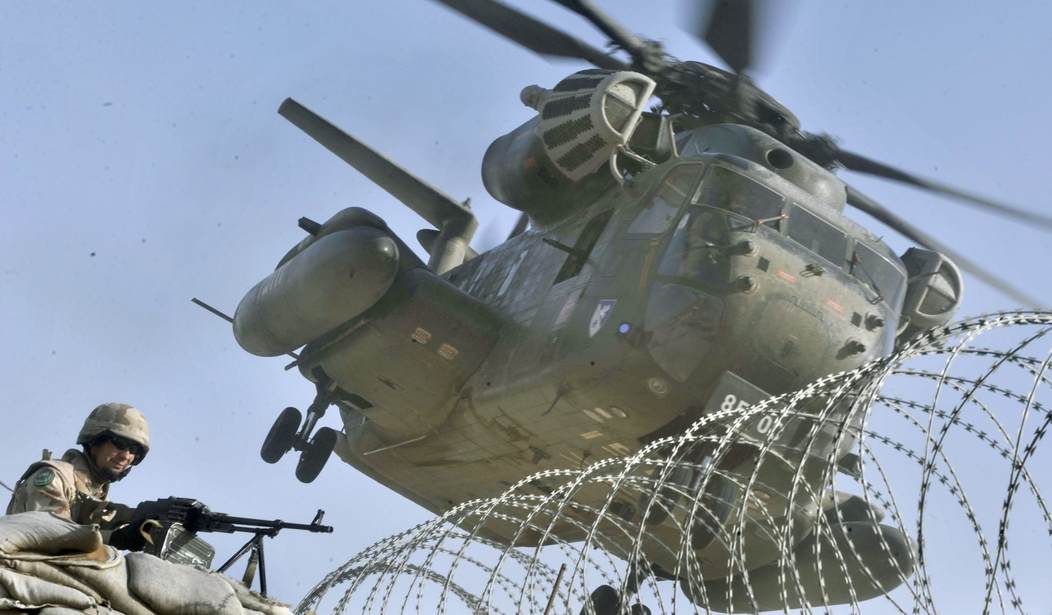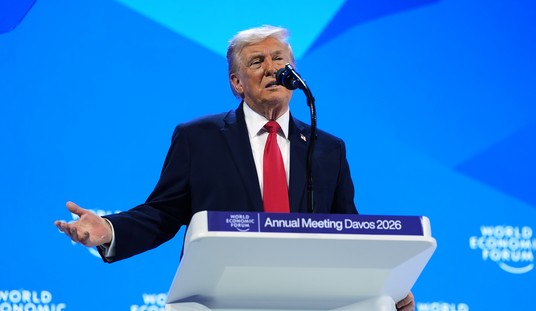This is not what the average European wants:
The European Union unveiled plans Wednesday to promote defense cooperation and wiser military spending as U.S. President-elect Donald Trump warns NATO’s European allies to start paying their fair share.
The European Commission said the multibillion-euro plan would fund research into areas like encrypted software or robotics and boost investment in joint projects across member states such as drones or helicopters.
It also aims to ease rules restricting defense procurement across borders, improve industry standards and adapt policies like the EU’s space program to security priorities.
Americans may read the above and think to themselves: “Why not? It’s time for Europe to take care of its own security. Why should we send our soldiers to protect them?”
That’s a good question. The answer is, of course: you shouldn’t. At least not in most European countries.
However, the EU’s “solution” is even worse than the current situation: “Europe” is not one nation. Therefore it also doesn’t need one army. And yes, that’s what the megalomaniacs in Brussels are trying to accomplish. They’ve been talking about this for years, and they believe they can now push it through because of Trump’s warnings. The plan itself isn’t new, however. As The Telegraph reported in September—back when everybody was convinced Hillary Clinton would win:
Europe is planning to forge ahead with plans for an EU Army that some fear could eventually displace Nato, with senior officials in Brussels urging EU member states to capitalise on the “political space” left by Britain’s decision to vote to leave.
Federica Mogherini, the EU’s foreign policy chief, is preparing to forward a timetable setting out steps to create EU military structures “to act autonomously” from NATO.
Europe’s top diplomat reportedly told colleagues that the military plan – billed by some countries as the foundation of a “European army” – represented a chance for the EU to relaunch itself after the “shocking” Brexit vote.
Conservative member of the European Parliament Geoffrey Van Orden criticized the plans two months ago, saying:
We can all see that the EU might play a useful role in conflict prevention and in some civil aspects of crisis management. But its ambitions go beyond that. The EU motive is not to create additional military capability but to achieve defence integration as a key step on the road to a federal EU state.
What’s more, he also—correctly—argued that such a common military force would not enhance NATO:
The US and indeed the UK are being misled if they imagine that such moves will enhance Nato – the key guarantor of our collective defence. On the contrary, creation of EU defence structures, separate from Nato, will only lead to division between transatlantic partners at a time when solidarity is needed in the face of many difficult and dangerous threats to the democracies.
Today’s proposal is simply step number 1 in their grand scheme to get their own little army. Jan Roos, the leader of the Dutch classically liberal party VNL (VoorNederland: For the Netherlands), is all too well aware of that fact, which is why he has rightfully blasted these plans, while simultaneously emphasizing the need for more military spending by the individual member states:
.@VoorNederland steekt 5 miljard in ons eigen leger. Nooit in EU-defensie! https://t.co/EwqS695iGD
— Jan Roos (@LavieJanRoos) November 30, 2016
He writes: “VNL invests 5 billion euros into our own army (red.: in their election platform for March 2017). Never in an EU military!”
It is of vital importance for European countries to invest more in their militaries. But note the plural there: there is not and never should be a grand European defense force. Not now, not ever. Brussels is only calling for it now because the EU’s little autocrats think that by creating an army, they can turn the EU into the United States of Europe, which means they will have more power than ever before. They’re doing this while euroscepticism is on the rise and while one populist party after another takes the lead in polls because voters want their national sovereignty back.
No, no, and no. We “Europeans”—there’s no such thing, by the way … Germans and Dutch, French and Belgians, but there aren’t “Europeans”—don’t see eye to eye on many things. But we do all agree on one thing: we do not want a federal European state or a European army.









Join the conversation as a VIP Member